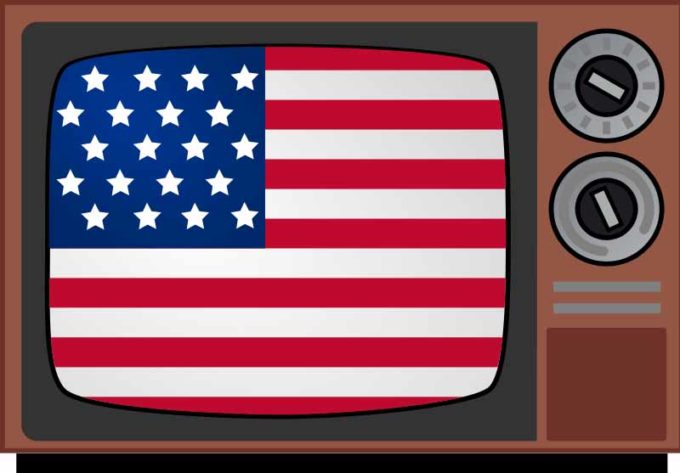
Less than two months after they were added to the Excluded Party List System (EPLS), it now appears that the last of the freight forwarders have been removed from the EPLS – paving the way for a return to “business as usual” for exporters who were being restricted from certain trade activities involving these forwarders under U.S. ITAR compliance requirements.
Last week, Schenker AG and BAX Global, Inc. became the final two forwarders to be removed from the EPLS. This followed earlier removals of CEVA Logistics (February 24), Panalpina (March 16) and Kuehne and Nagel International AG (March). The removal follows these companies’ sufficient demonstrations to the U.S. Air Force that they are responsible to conduct business as a federal contractor.
The removal also comes with a collective sigh of relief among U.S. manufacturers and exporters, who were forced in February to start adhering to complex ITAR compliance requirements stemming from the debarment of these forwarders. Among other things, these requirements had exporters filing for “transaction exception requests” to DDTC – asking for permission to continue doing business with the forwarders in lieu of shipping with other companies. These requirements traced back to a critical factor in ITAR compliance, found in Section 120.1(c) of the regulations. This section prohibits companies who are “ineligible” to receive export licenses from being involved in ITAR-controlled exports.
It would be helpful if DDTC removed the current guidance on its website regarding these forwarders. However, they’ve been dealing with a recent fire at the Columbia Plaza building complex, and I’m sure things have been quite chaotic in recent weeks with the relocation.
Tom Reynolds is the President of Export Solutions, a consultancy firm which specializes in helping companies with import/export compliance.
